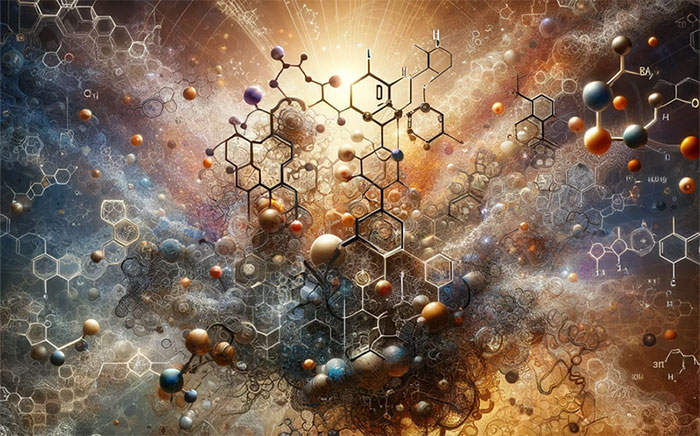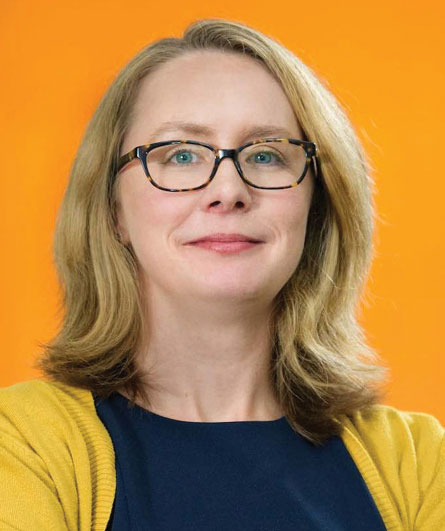
Photopolymerizations for creating engineered microenvironments: From 3D culture models to biomanufacturing
Photopolymerizations for creating engineered microenvironments: From 3D culture models to biomanufacturing
Speaker: Dr. April M. Kloxin, University of Delaware
Moderator: Dr. Dianne Poster, National Institute of Standards and Technology (NIST)
February 13, 2024, 2:00 PM – 3:00 PM EST
Webinar Overview:
Photopolymerizations provide great opportunities for the creation of controlled, bioinspired microenvironments for probing and directing complex biological systems. For example, photopolymerizations can be utilized to create reductionist synthetic extracellular matrices (ECMs) with tunable biophysical and biochemical properties for asking questions about the role of different microenvironment cues in tissue regeneration and disease processes or for promoting desired cellular functions for therapeutic applications. In this arena, we recently have designed well-defined photopolymerized hydrogels inspired by common sites in the human body (e.g., bone marrow, lungs) for the late recurrence of breast cancer. We have applied these photopolymerized 3D cultures, along with a range of molecular tools, to dissect different cell-matrix and cell-cell interactions in breast cancer dormancy and re-activation and evaluate therapeutic strategies for preventing late recurrence. Additionally, for enhancing the production of cell therapies, we collaboratively have established a modular manufacturing platform that combines photopolymerized hydrogel coatings with commercial flow-based membrane devices for improved activation, expansion, and transduction of human T-cells. Together, our results demonstrate the great utility of photopolymerizations for the creation of soft biomaterials with precisely controlled properties for addressing outstanding needs in improving human health.
Speaker Biography:
April M. Kloxin, Ph.D., is the Thomas and Kipp Gutshall Development Professor of Chemical and Biomolecular Engineering in the Departments of Chemical and Biomolecular Engineering, Materials Science and Engineering, and Biomedical Engineering at the University of Delaware (UD), as well as a member of the Breast Cancer Research Program at the Helen F. Graham Cancer Center and Research Institute. She obtained her B.S. and M.S. in Chemical Engineering from North Carolina State University and Ph.D. in Chemical Engineering from the University of Colorado, Boulder, as a NASA Graduate Student Research Program Fellow, and trained as a Howard Hughes Medical Institute Postdoctoral Research Associate at the University of Colorado, Boulder. Her multi-disciplinary group creates unique materials with multiscale property control and applies them in conjunction with other innovative molecular tools for addressing outstanding problems in human health, with a focus on understanding and targeting dynamic cell-microenvironment interactions in wound healing, fibrosis, and cancer and translational systems for manufacturing of cell-based therapies. She is a recipient of the 2022 Mid-Career Faculty Excellence in Scholarship Award at the University of Delaware, the 2019 Biomaterials Science Lectureship, a 2018 ACS PMSE Arthur K. Doolittle Award, a NIH Director’s New Innovator Award, a Susan G. Komen Foundation Career Catalyst Research award, a NSF CAREER award, and a Pew Scholars in Biomedical Sciences award.
RadTech International North America | The Association for Ultraviolet and Electron Beam Technologies
6935 Wisconsin Ave, Suite 207, Chevy Chase, MD 20815 | (240) 497-1242 | uveb@radtech.org

